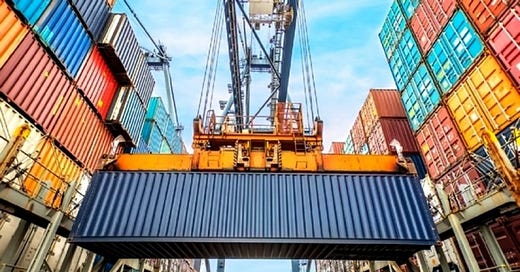The international response to Russia’s invasion of Ukraine is sure to have a major negative impact on a world economy only just emerging from the Covid-19 pandemic, which globally so far has cost more than US$12.5 trillion according to the International Monetary Fund and killed more than 6 million people.
High prices for oil and wheat many other commodit…
Keep reading with a 7-day free trial
Subscribe to Asia Sentinel to keep reading this post and get 7 days of free access to the full post archives.




